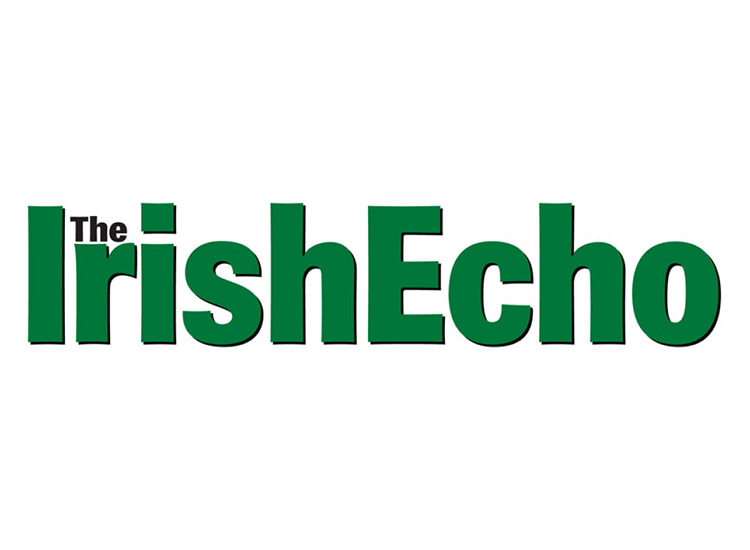Reince Priebus
By Ray O’Hanlon
As if Brexit wasn’t bad enough a prospect for Irish exporters, the incoming Trump administration is reportedly considering a tariff on imports into the U.S.
And the new barrier against free trade would be imposed by executive action after Mr. Trump becomes 45th president on January 20.
CNN reported Thursday that Mr. Trump’s inner circle was considering a new tariff wall.
White House Chief of Staff, Reince Priebus, has been telling business leaders that Trump is considering a 5 percent tax on imports, The Hill newspaper reported, citing CNN.
The idea is certain to prompt strong opposition, not least from Republican legislators who support free trade.
But a tariff wall could be portrayed by the incoming president as a protection for American jobs, this even if it also raised the price of imported goods.
The U.S. annually operates a significant trade deficit spurred in large part by the popularity of imported goods, and the ability of U.S. consumers to afford them.
Ireland, by contrast, operates an annual trade surplus with exports strongly leading imports.
And the United States is the most important single nation export market for the Republic with roughly 23 percent of annual Irish exports heading for the U.S. market.
In some months of the year that percentage can rise.
The U.S. was the main non-EU destination accounting for €2.759 billion of total Irish exports in October of this year.
That was 27 percent of Irish exports for that month.
“Economic and trade ties are an important facet of overall U.S.-Irish relations,” according to the U.S. State Department’s website.
“The United States is Ireland’s top export destination; over 23 percent of all Irish goods exports go to the United States.
“The United States is also a major goods exporter to Ireland, ranking second only to the United Kingdom. U.S. goods exports to Ireland include pharmaceutical products, electrical components and equipment, computers and peripherals, aircraft, and optical/medical instruments.
“Irish goods exports to the United States include pharmaceutical products, organic chemicals, optical/medical instruments, and beverages. U.S.-Irish trade in services is growing as well.”
Irish food exports to the U.S. are also significant, and much was made by the Irish government of the recent reopening of the U.S. market to Irish beef.
It’s unclear as to whether or not a Trump administration will actually move towards erecting tariff barriers and there are serious questions concerning the legality of such a move in the context of international trade agreements.
If a tariff wall does rise, it could of course prompt retaliation, not from Ireland alone, but the entire European Union.
Again in the context of Brexit, the last thing that Irish exporters would want to see is a transatlantic trade war.









